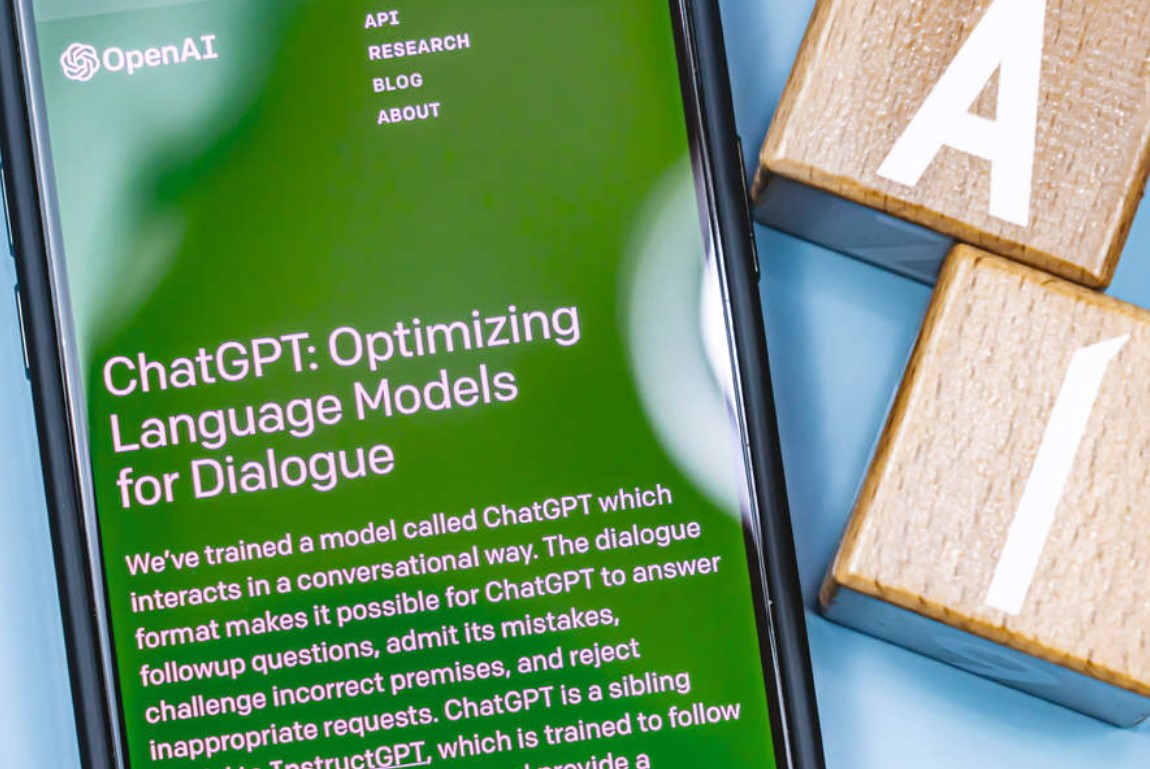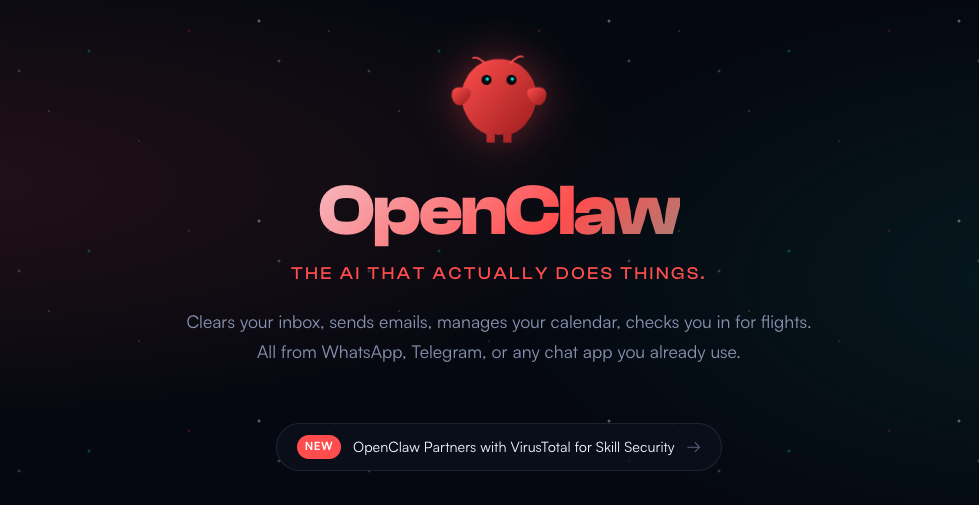ChatGPT Can Now Access The Internet. What This Means for Teachers
ChatGPT Plus subscribers now have an internet-enabled version of the chatbot, providing students who can afford the subscription version with more opportunities to learn and cheat.

Tools and ideas to transform education. Sign up below.
You are now subscribed
Your newsletter sign-up was successful
ChatGPT has become self-aware and if we don’t find John Connor and protect him from Aarnold Schwarzenegger, the machines will….
Oops, I got a little carried away there. ChatGPT isn’t self-aware, at least as far as we know, however, ChatGPT Plus users now have internet access with a plugin.
Previously, ChatGPT users only had access to information up to January 2022. That’s still the case for the free version of ChatGPT, but premium subscribers who pay $20 per month now get answers from the chatbot that can incorporate up-to-date information from the web.
OpenAI, the creator of ChatGPT, announced the tool was being rolled out to ChatGPT Plus subscribers in beta form at the end of September, except by mid-October the tool, though still technically in beta, had been made available to ChatGPT Plus subscribers through the BrowserOp plugin.
This marks yet another important update in the ongoing and extremely rapid evolution of AI that will have implications for education. I spent several hours this week testing ChatGPT Plus’ web surfing abilities. I've seen a clear uptick in AI-generated submissions from my students recently and I worry this new feature might make things worse, and result in AI-generated papers being harder to detect.
That said, the new features definitely provide more opportunities for learning and give links to the information provided, which I love. Here are some initial thoughts on its implications for educators.
ChatGPT Plus Now Accessing the Internet: The Good
Internet access increases ChatGPT’s utility as a research tool for students. With ChatGPT Plus and the BrowserOp Plugin enabled, ChatGPT can now provide links and real-time information. This should, in theory, help with accuracy, yet more importantly, can provide an opportunity for students to learn the importance of checking sources and aid digital literacy lessons discussing the strengths and limitations of information provided by AI and found on the internet.
Tools and ideas to transform education. Sign up below.
To use a very basic example, the free non-internet-capable version of ChatGPT couldn’t tell me what time the Jets are playing this week. When I asked, "How long did Aaron Rodgers play for the Jets?" it responded: “As of my last knowledge update in January 2022, Aaron Rodgers has never played for the New York Jets.”
ChatGPT Plus, on the other hand, was able to tell me what time the Jets play and provided a link to the Jets full schedule on their official homepage. Using the internet, it was also able to summarize Rodgers’ tragicomedy season, which after months of intense media hype and Super Bowl dreams on the part of this writer, lasted a mere four plays.
Even better, after providing an accurate summary of this terrible string of events, ChatGPT Plus encouraged me to review links to news stories upon which it based its summaries, a definite improvement over the unconnected internet version of ChatGPT.
The Bad
ChatGPT’s increased power comes with an increased ability to aid classroom cheaters. One easy way to outsmart the non-internet-capable version of ChatGPT is to write question prompts that incorporated current events.
For instance, ask your students to write an essay about the events that led up to Aaron Rodgers’ injury after a mere four plays into the Jets season and the free version of ChatGPT isn’t quite sure how to respond, and won’t be much help to students. Pump the same prompt into internet-enabled ChatGPT Plus and students can get a near-complete answer — though I did have to specifically tell ChatGPT Plus to use the internet and to write a factual answer.
The same holds true, of course, for better-conceived, less Jets-centric essay questions. I'd like to believe students won't abuse these new features, and in truth the vast majority won't, but there will be one or two in most classes who will, I suspect.
The Ugly
Of ChatGPT’s 180.5 million users, only about 1% are subscribers to ChatGPT Plus. That means the majority of students won’t have access to these new features.
On the surface this sounds like good news, but it’s a further development in a potential growing AI divide. Students who can afford the monthly subscription fee to ChatGPT Plus will have access to a better tool for research assistance. On the flip side, if they do use ChatGPT Plus to cheat, they will be more likely to get away with it. This could potentially lead to a situation in which economically disadvantaged students are disproportionately punished for AI ethics violations in classrooms.
School leaders who increasingly are scrambling to catch up with AI’s evolution and draft coherent and effective strategies for teachers in response to it, need to take this potential growing disparity into account. Not to do so, might result in an outcome that is, even I will be forced to admit, more disappointing than Aaron Rodgers’ first season with the Jets. Although, ChatGPT Plus assures me that Rodgers hopes to return by the end of the season.
I know ChatGPT makes up things, but it got this info from the internet and the internet can’t ever be wr
Erik Ofgang is a Tech & Learning contributor. A journalist, author and educator, his work has appeared in The New York Times, the Washington Post, the Smithsonian, The Atlantic, and Associated Press. He currently teaches at Western Connecticut State University’s MFA program. While a staff writer at Connecticut Magazine he won a Society of Professional Journalism Award for his education reporting. He is interested in how humans learn and how technology can make that more effective.

